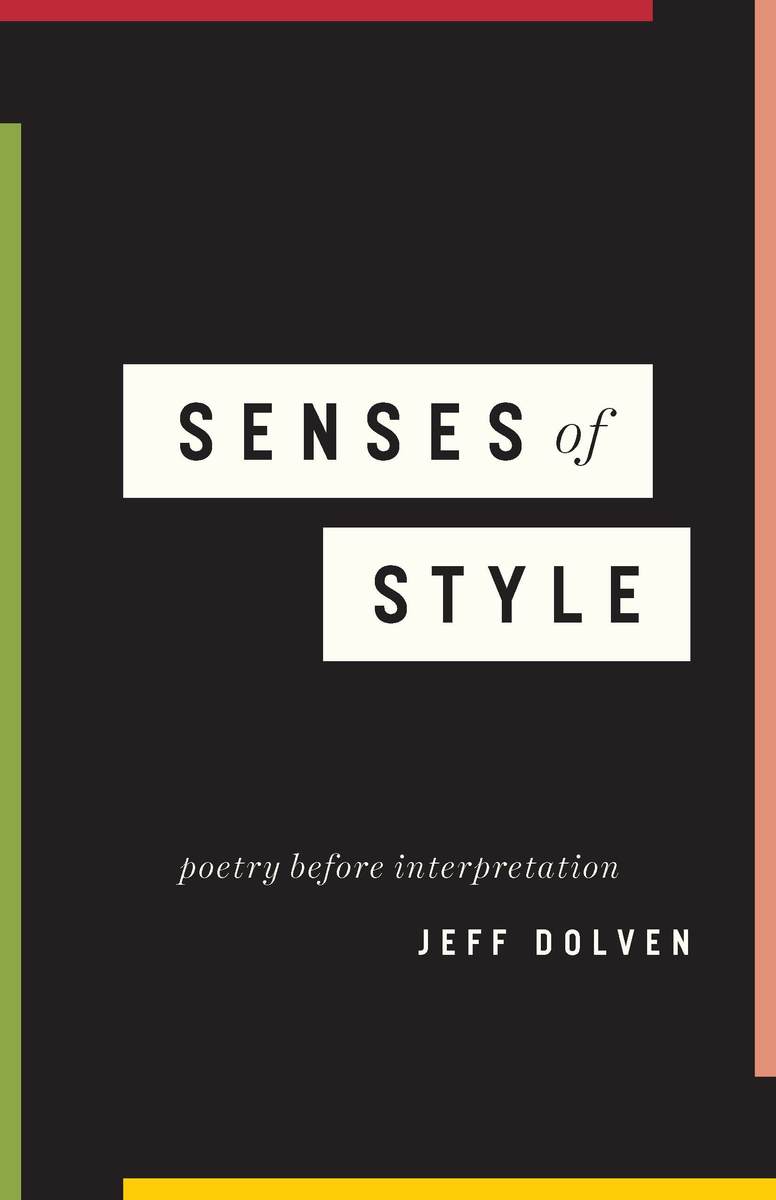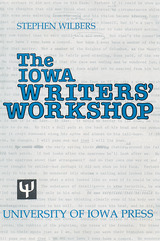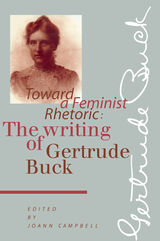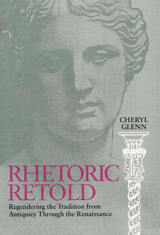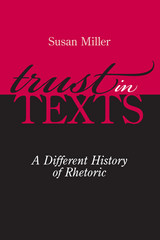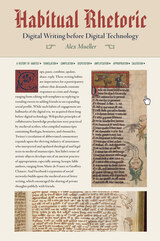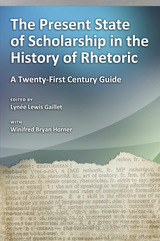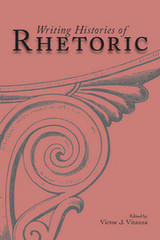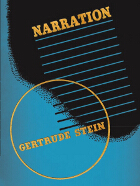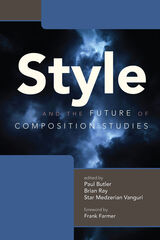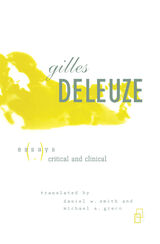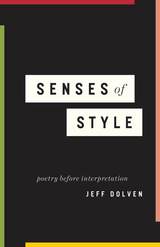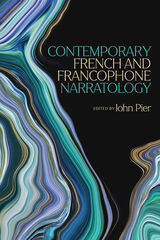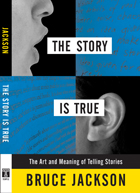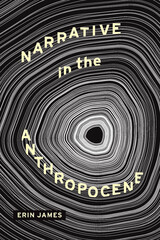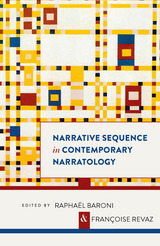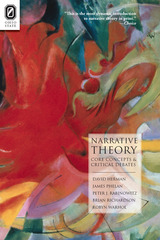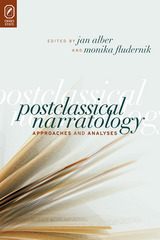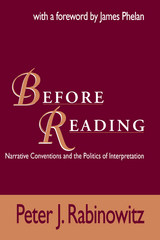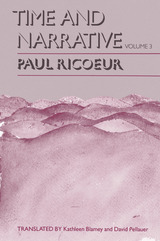Senses of Style: Poetry before Interpretation
University of Chicago Press, 2017
Paper: 978-0-226-51711-7 | eISBN: 978-0-226-51725-4 | Cloth: 978-0-226-51708-7
Library of Congress Classification PN203.D65 2017
Dewey Decimal Classification 808
Paper: 978-0-226-51711-7 | eISBN: 978-0-226-51725-4 | Cloth: 978-0-226-51708-7
Library of Congress Classification PN203.D65 2017
Dewey Decimal Classification 808
ABOUT THIS BOOK | AUTHOR BIOGRAPHY | REVIEWS | TOC | REQUEST ACCESSIBLE FILE
ABOUT THIS BOOK
In an age of interpretation, style eludes criticism. Yet it does so much tacit work: telling time, telling us apart, telling us who we are. What does style have to do with form, history, meaning, our moment’s favored categories? What do we miss when we look right through it? Senses of Style essays an answer. An experiment in criticism, crossing four hundred years and composed of nearly four hundred brief, aphoristic remarks, it is a book of theory steeped in examples, drawn from the works and lives of two men: Sir Thomas Wyatt, poet and diplomat in the court of Henry VIII, and his admirer Frank O’Hara, the midcentury American poet, curator, and boulevardier. Starting with puzzle of why Wyatt’s work spoke so powerfully to O’Hara across the centuries, Jeff Dolven ultimately explains what we talk about when we talk about style, whether in the sixteenth century, the twentieth, or the twenty-first.
See other books on: 1503?-1542 | English poetry | Literary style | Senses | Style
See other titles from University of Chicago Press
